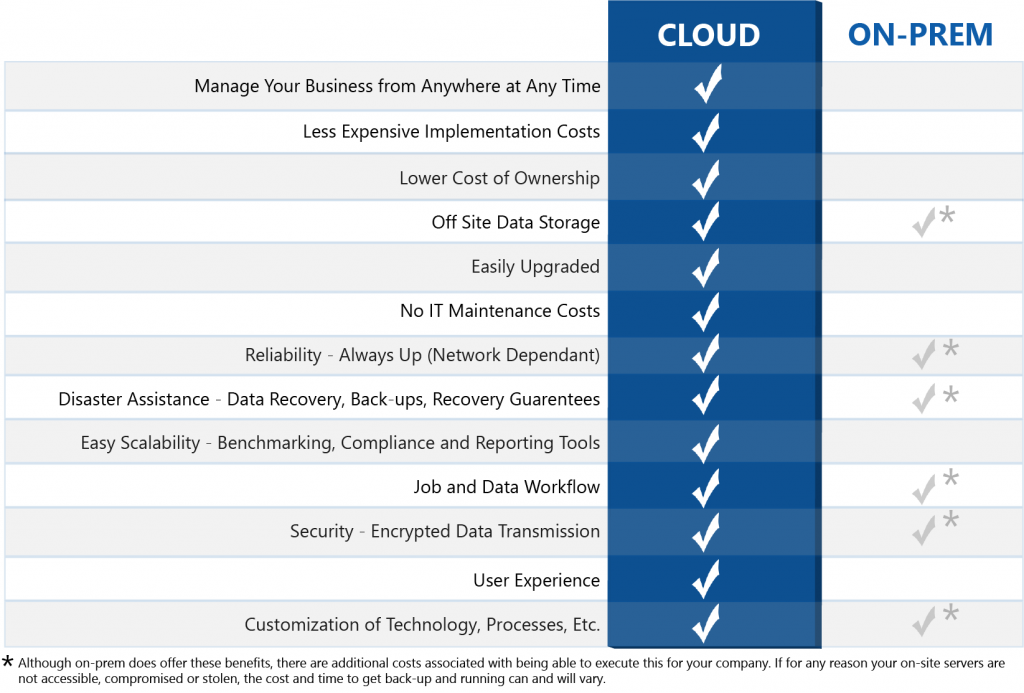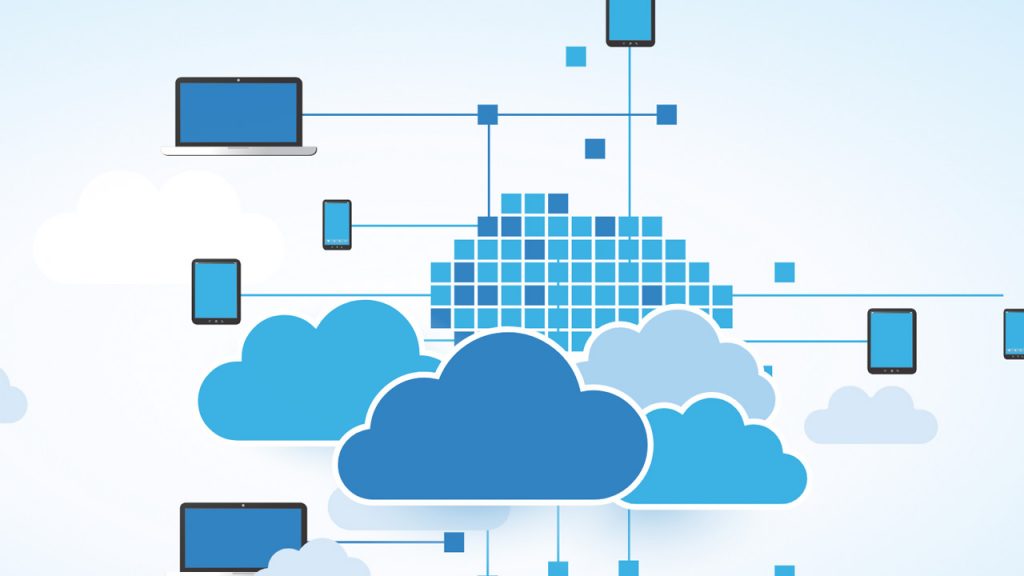As natural disasters from inclement weather, wildfires, the spread of viruses, or other emergencies that can affect your day-to-day business arise, executives are reconsidering current work policies and are planning to enact procedures to keep employees/customers safe, all while not losing/closing their businesses. Arming yourself, your employees and your property with the tools to act and react to any situation is key in protecting your customers and employees in an emergency, keep your store open longer and or help you to resume operations as quickly as it is safe to do.
Emergency preparedness planning is easily the overlooked cost and sometimes deemed unnecessary, but if a disaster strikes, it can mean the difference between minimal loss and possibly going out of business.
While planning to keep your doors open, one of the main things to plan for to keep business continuity in mind is cloud computing. With cloud-based technology you can access your data, access your inventory levels, access your shift data, monitor your property remotely… keep your business open and supporting your community through any situation.
What is Cloud Computing?
In its simplest form, cloud computing is the process of using remote servers over the internet to host resources for their company’s day-to-day business activities. This includes resources like:
- Software
- Data
- Storage
- Networking
- Emails
Managing, processing and the encryption of the data in both directions is left in the control of a third-party operator and offers the ability to operate real-time data reporting and analytics.
Having a cloud connection allows your company to be limitless in terms of computing power and storage capabilities. Generally used on as-needed basis, companies only pay for what they use and can scale up or down to suit customer or market demands.
Working with a cloud-based company allows you the flexibility to work from anywhere, at any time as well as giving you the peace of mind to ensure that they are also able to work from anywhere, anytime, too. This provides an additional level of security to have both business continuity and no disruption in service or support from your third-party provider.
Comparing Cloud vs. On-Premises Technology
When comparing both cloud and on-premise systems, each have their own advantages. The real task begins in choosing the option that best suits your organization, while considering the products and services that your company offers.
Outside of the investment, the main point in deciding which way to host/manage their data, is the concern for the security of the data and how safe it is when held in the cloud vs. on premises. Both need regular investment, but one option is light years ahead when it comes to the ability for companies to scale and grow their businesses.
How does Cloud vs. On-Prem Compare?

Cloud Services = Business Continuity
The benefits for businesses who take business continuity to the cloud are vast. Cloud based technology helps businesses achieve operational resiliency and the ability to recover when necessary easier, faster and more economically.
Today backing up data in the cloud should be normal business practice rather than the exception no matter the size of the business.
If you aren’t already using cloud services as part of your business continuity plan here are some benefits to keep in mind when making the transition:
- Availability
- Able to reach remote locations
- Wide range of services to select from for your teams needs
- Cost
- These services are cost effective and affordable no matter the size of the business
- Able to customize and quickly scale when/where needed
- Data back-ups
- Able to back-up data in real time, schedule intervals, etc.
- Ability to automate processes, freeing up resources and time of IT staff
- Recovery/Restore
- In the event of business disruption, cloud back-ups are more reliable
- Accessibility
- BIGGEST ADVANTAGE – work from anywhere at any time!
- Work/Life Balance – your employees can be productive from anywhere, too
- Business Disruptions – anything that keeps you from physically entering your locations
- Business Continuity – working with a vendor who also enables their employees this balance ensures no service or support disruptions from your vendor
- BIGGEST ADVANTAGE – work from anywhere at any time!
Partner with an Industry Expert
Since 2002, Petrosoft has been creating convenience store management solutions designed to create an efficient retail ecosystem and help you meet the demands of today’s customers in order to maximize profitability. Contact us today to find out more about what our technology can do for your business.


